Wave of low-tipping travelers worries dealers, servers in Las Vegas
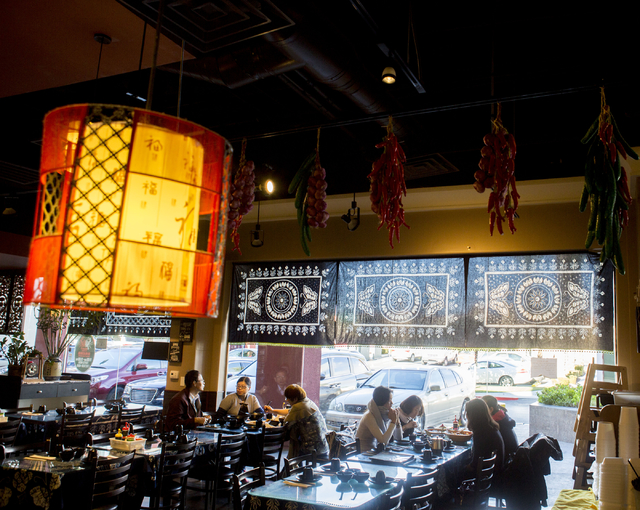

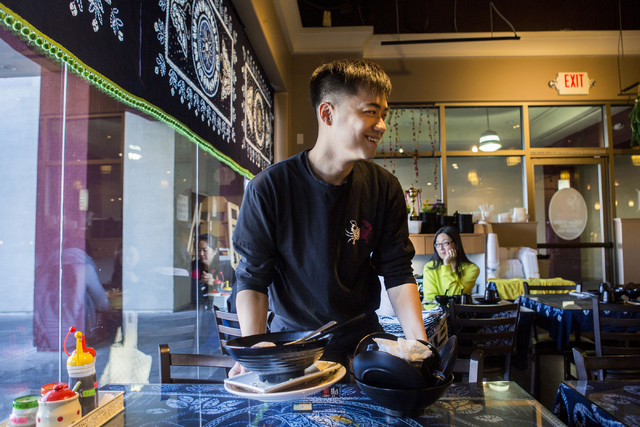
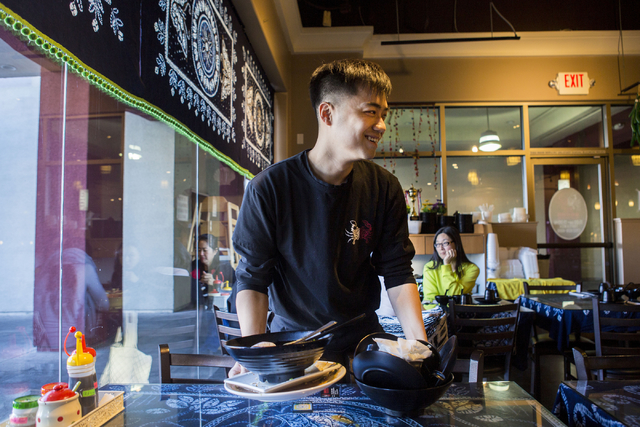
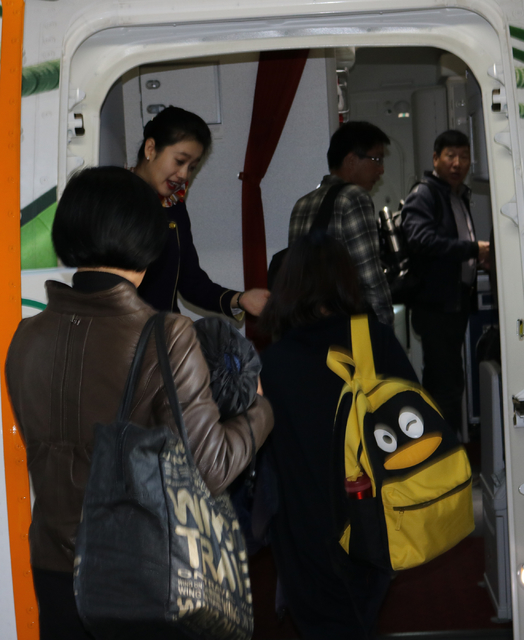


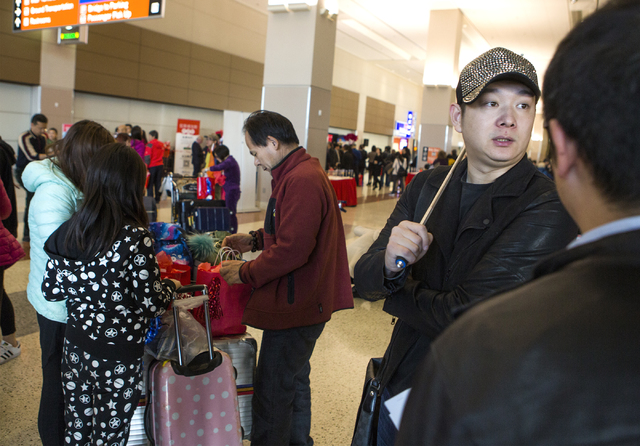
As Strip properties prepare for more Chinese visitors, some casino employees say they are concerned they will have to forgo some tip money.
“It’s very difficult when you’re serving or relying on tips and the majority of your guests are foreign,” said Cheryl Holt, who has worked as a food server on the Strip since 2011. “They don’t tip you, or they may have a $200 meal and tip you a dollar per person.”
China has one of the fastest-growing segments of international travelers, and local tourism officials hope to capture as many of them as possible. Chinese travelers are the highest-spending international visitor group, according to the U.S. Commercial Service, part of the Department of Commerce. But people who rely on tips will probably not directly benefit much from that spending.
A 2016 MasterCard survey found 16 percent of Chinese consumers generally leave a tip in a bar or restaurant, ranking China fourth on a list of countries surveyed in the Asia Pacific least accustomed to tipping.

Holt said the more international visitors the merrier, but they ought to be told about American customs.
“Obviously, you want guests (foreign visitors), it’s just that you don’t want to be paying for them to eat at your table,” she said. “On the server side, if you have a $200 check, you still have to give probably $10 or more to your service staff — like your bartender, your buser, your food runner. So you just paid $10 to serve this table for an hour and a half, or however long they had their dinner for.”
She said every international visitor has a reputation when it comes to tipping. Canadians usually tip about 10 percent, she said, while Europeans are commonly low tippers, and in her experience Chinese visitors usually tip a dollar per head at the table.
Americans are an outlier when it comes to tipping. According to travel research site Wanderbat.com, the United States is the only country where a 20 percent tip is commonly expected. Tipping is not customary in China, the site said, and if somebody does tip, it is generally about 5 percent and only for great service.
Joseph Carbon said some dealers are also concerned. As head of the gaming division at the Transport Workers Union of America, Carbon represents dealers at five Strip casinos: Wynn Las Vegas, Caesars Palace, Harrah’s Las Vegas, Bally’s and Paris Las Vegas.
“Let’s face it, this is a tip town,” Carbon said. “A vast majority of their (dealers’) income — and I want to say up to 80 percent, could be more — is based on their tips. If they had to make a living just based on their hourly wage, they’d probably need two or three other jobs.”
So whose responsibility is it, if anybody’s, to tell hotel and casino guests about American customs such as tipping?
Michael Boyd, a principal in New York-based China Ni Hao — an organization that helped McCarran International Airport implement programming to make Chinese travelers feel welcome — said it’s incumbent upon Chinese travelers to understand American culture, but it’s also incumbent upon tourism officials to educate Chinese travelers.
“It’s a case of gentle pressure relentlessly applied,” Boyd said.
Educational outreach should come from the Las Vegas Convention and Visitors Authority, chambers of commerce and tour agencies, he said.
“It’s incumbent upon them to educate travelers on U.S. customs, for the benefit of the people coming,” he said.
But, at the same time, “We may just have to accept the fact that we want that business, we want them to come here, but if they feel gouged for a tip, they may go somewhere else.”
Heidi Hayes, a spokeswoman for the LVCVA, said in an email that the convention authority does not have “any specific program that targets any group of foreign visitors to educate them on our culture.”
Xiaosheng Huang, a Las Vegas-based Chinese immigration lawyer, said hoteliers should lead the charge.
“Chinese normally think service workers are paid by the boss and need not to be paid separately,” Huang said. “This is a side of cultural misunderstanding. Solution: educated Chinese visitors.”
Huang said hotels should give Chinese guests a “friendly memo using very friendly language” letting them know that hotel workers, servers and dealers expect to be tipped.
“At the dealer table, maybe you put up a sign in Chinese and English that says, ‘We expect to be paid by the customers,’ something like that,” Huang said.
Carbon and Holt agreed that it is up to individual hotel and casino owners.
“There’s definitely a tour guide channel inside the hotel rooms,” Holt said. “If they (hotels) were to go over gratuities … put it in every language and let everybody know that, ‘Hey, you’re visiting our country, and these are our customs.’”
MGM Resorts International spokeswoman Mary Hynes said that “we have no such plans” regarding informational memos or signs and said tipping is at the discretion of guests.
Lucky Dragon Chief Operating Officer Dave Jacoby said, “If it were to ever become a problem, I would certainly be open to remedying that.”
Given that the casino is relatively new and has seen a good amount of local and domestic visitation, he said he has not been made aware of any tipping issues. “Our overseas guests have tipped right on par or greater than the standard,” he said.
Wynn Las Vegas declined to comment, while Caesars and Las Vegas Sands Corp. did not return requests for comment.
Contact Nicole Raz at nraz@reviewjournal.com or 702-380-4512. Follow @JournalistNikki on Twitter.












